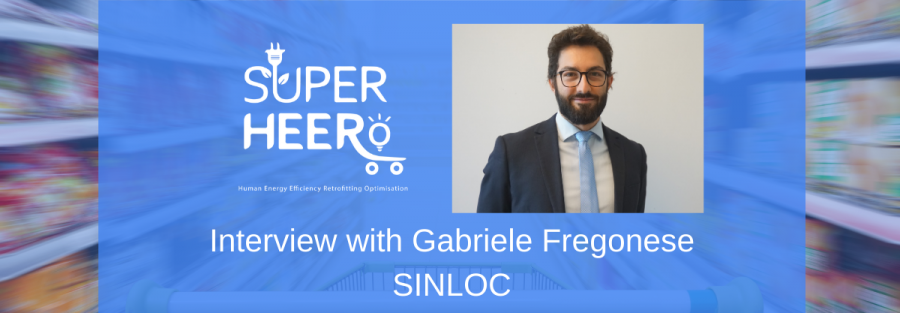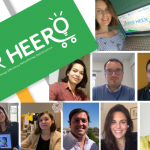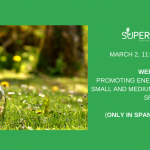We expect supermarkets to go further by promoting new initiatives in the energy efficiency sector and, most of all, involve also their customers in these initiatives – Interview with SINLOC – Sistema Iniziative Locali SpA
Gabriele Fregonese, from SINLOC – Sistema Iniziative Locali SpA, speaks on this interview about the main role of SINLOC in the SUPER-HEERO project, their expectations and the work they will carry out on defining innovative business models to boost supermarkets’ energy efficiency measures.
Q. Q. What are your expectations from the SUPER-HEERO project?
A. We expect the SUPER-HEERO project to identify and define innovative ways of thinking and developing energy efficiency investments for the supermarkets and, through the supermarkets, for the various stakeholders that can be reached by the supermarkets.
Q. What is the main role of SINLOC in SUPER-HEERO?
A. Sinloc is responsible for Work Package 1, aiming at defining innovative financial instruments and business models to make supermarkets and their consumers realize energy efficiency renovation of buildings. We will bring our expertise in financial modelling and in the energy efficiency sector to structure these new schemes that will boost investments by the private sector. In particular, one of the pillars of the project is to exploit the supermarket role in Local Communities and the fidelity of their customers to widespread awareness and knowledge about the opportunities coming from energy efficiency.
Q. Can you talk a bit about the work you are planning to do on defining innovative business models to boost supermarkets’ energy efficiency measures?
A. We are currently working on two fronts. On one side, we are assessing innovative ways to allow the supermarkets undertake energy renovation of the buildings, for examples through Energy Performance Contracts or technology leasing or rent. This will also be done in accordance to the technical analysis carried out by other partners. On the other side, we are assessing possible ways for the supermarkets to promote energy efficiency investments among their customers and the local communities. For example, we are studying crowdfunding models based on the supermarkets reward and loyalty programs, where customers can use their “loyalty points” to contribute to an energy efficiency investment and get a rebate as a reward. These investments could be even made on local public buildings in the areas around the supermarket in order to have also a direct environmental impact on their neighbourhoods. This is one of the reasons why the Municipality of Padova is involved as a partner, to establish a link between the supermarkets, the citizens and the local community in general.
This work is still ongoing, as we are now in a “brainstorming” phase and we need to discuss our ideas directly with the supermarkets that will be involved in the project in order to check the concrete feasibility of the solutions as well as the economics of the schemes.
Q. What do you think will be the main outcomes of the SUPER-HEERO project?
A. One of the main outcomes of the project will be the definition of a new approach to increase awareness among citizens and local communities towards the importance of energy efficiency and to involve them in the transition process. Supermarkets are in general very sensitive to environmental and climate issue and they usually adopt a corporate responsibility protocol to show the customers they care about these topics. With the SUPER-HEERO project, we expect the supermarkets to go a little bit further by promoting new initiatives in the energy efficiency sector and, most of all, involve also their customers in these initiatives. We think this could be a key success factor to increase awareness and to trigger investments in the private sector, which are essential to achieve EU’s energy savings targets for 2030.



